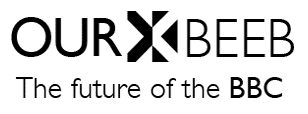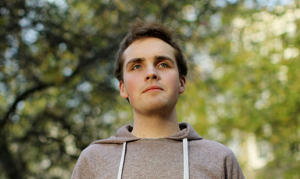Media of the people by the people
by Michael Chessum
In the age of the internet the BBC presents a paradox: it is well-resourced, adaptable and in many senses forward-looking. Yet the ideas and approaches than run through its vast output, even in the most innovative of media, remain deeply conservative. The apparat which manages the Corporation is unable to adapt to the challenges and opportunities of our time. That means a certain amount of control must be given to the public, directly.
So much of journalism is about telling the stories of people, causes and events that cannot speak for themselves. But as the spread of information, narratives and stories is democratised, albeit unevenly, the pool of the genuinely voiceless will continue to shrink. In spite of that the Corporation’s current affairs output, specifically in how it covers the quotidian realities of life for Britain’s poor and excluded, continues to tell a story about people, rather than by them.
There is a simple solution to all of this: give ordinary people across the country space to tell their own stories – directly and unmediated – on TV. There could be a weekly slot with themes: benefits, disability, poverty, exploitation and life in prison to name but a few. And it could be expanded into feature length documentaries with members of the public able to apply to make a programme. In response to that, the BBC should offer advice, help with logistics, and a camera crew. Let everyday people – benefit claimants, the super-rich, teachers, street cleaners, protesters, bosses – tell their story directly.
The BBC, and other channels, are very keen on putting their professionalised TV content online, into the world of autodidacts and unfiltered stories. There is no reason why that should be a one-way street.
Some of the BBC’s documentaries will always be groundbreaking – no-one can watch Blue Planet and not be impressed – but then again, whales and jellyfish will always need to be interpreted before being reported. People on the other hand – least of all the creative, brilliant people that society calls “ordinary” – aren’t stupid. They can tell their own stories. Technology has given us the tools, now lets have the will to put them into the right hands.
Michael Chessum (@Michael_Chessum) is the co-founder of the NCAFC and a journalist.
Why vote? We will feed in readers' favourite ideas to the government's consultation on the future of the BBC, and profile them heavily in the media. We believe the debate over the BBC's future is too narrow and focused on cuts - it's missing strong, positive ideas about what public broadcasting can and should be. By voting, you can have your say on what those ideas should be - and if you've got your own, share them with us→




